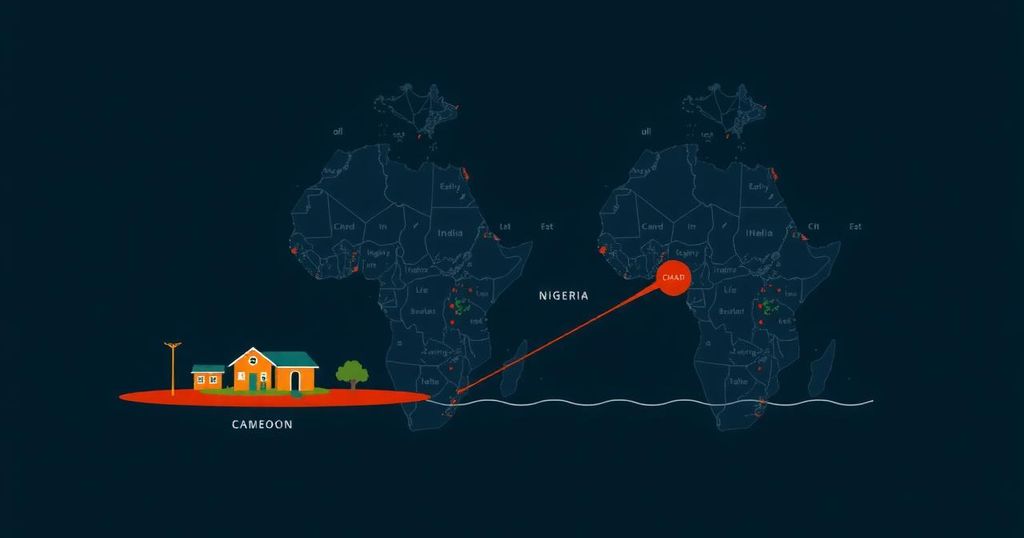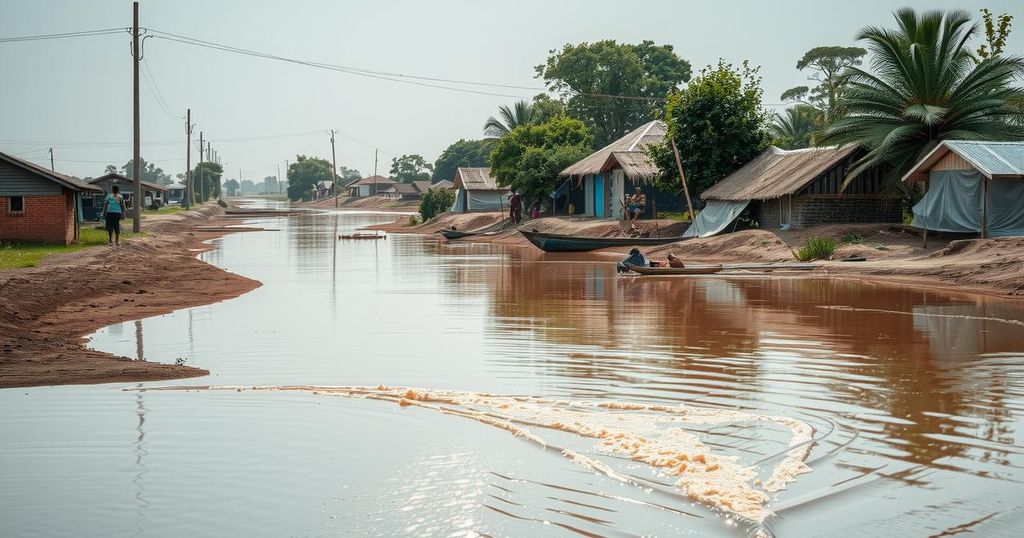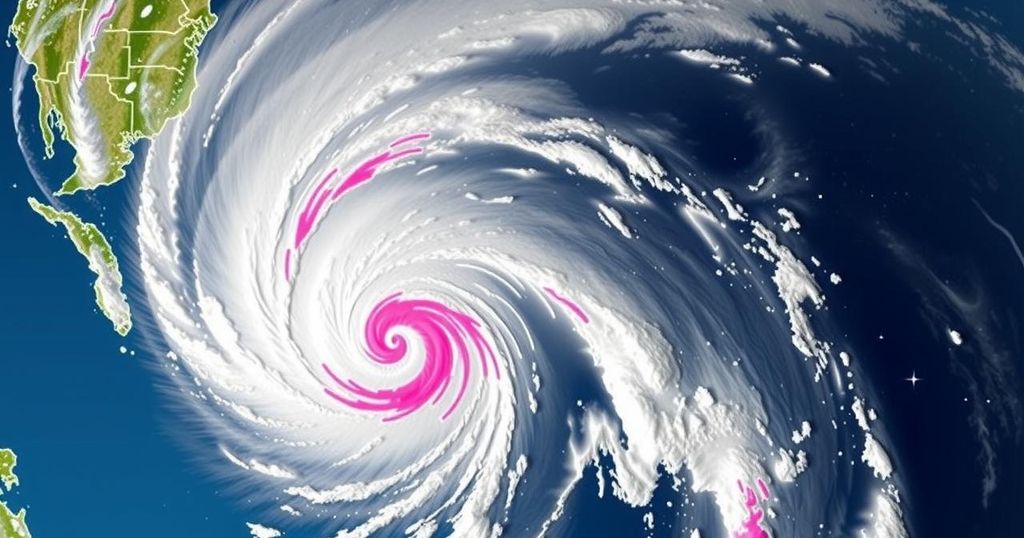Severe Flooding Crisis Impacts Millions in Chad, Nigeria, and Cameroon
Over 2.7 million people are affected by severe flooding in Chad, Nigeria, and Cameroon, with a critical need for urgent humanitarian aid. Chad has approximately 1.7 million affected, Nigeria one million, and Cameroon more than 230,000. Action Against Hunger reveals urgent funding needs to support the impacted populations and address growing food insecurity.
Severe flooding in Central and East Africa has resulted in catastrophic impacts on millions of individuals, particularly in Chad, Nigeria, and Cameroon. Over 2.7 million people have been affected, with Chad witnessing the most significant impact, where approximately 1.7 million individuals have suffered from the deluge’s consequences. In Nigeria, the flooding has displaced around one million people, while in Cameroon, over 230,000 individuals are grappling with the aftermath. In Chad, extensive rainfall has persisted since the end of July, inflicting damage across several provinces, notably Lac, Mayo-Kebbi Est, Mandoul, and Tandjilé. The Sila province, which is already strained by an influx of Sudanese refugees, is experiencing dire conditions. The floods have tragically resulted in the deaths of over 500 individuals, submerged more than 210,000 residences, devastated approximately 880,000 acres of farmland, and led to the loss of nearly 70,000 cattle. Even before this disaster, 3.4 million people in Chad were already classified as acutely food insecure. Action Against Hunger has communicated an urgent need for nearly $100 million to alleviate the suffering of the impacted populations, yet only 10% of this amount has been raised thus far. In Nigeria, the states of Borno, Adamawa, Bauchi, Enugu, Jigawa, Kano, Bayelsa, and Yobe have been severely affected. Prior to this flooding crisis, over 32 million Nigerians were already contending with significant food insecurity. The floods have compromised the city of Maiduguri, causing extensive displacement and suffering. Action Against Hunger identified that the floods have inflicted damage to over 300,000 acres of agricultural land, which will likely exacerbate food scarcity during the current lean season. In Cameroon, the Far-North region has seen 236,000 individuals affected, with massive agricultural losses contributing to rising fears of waterborne diseases. Action Against Hunger’s leadership in the region has emphasized the critical need for food, shelter, and clean water, highlighting the immediate necessity for a coordinated humanitarian response. This flooding crisis underscores the increasing frequency of climatic upheavals in Chad, Nigeria, and Cameroon, further magnifying the challenges faced by populations whose livelihoods are already precarious.
The flooding crisis in Central and East Africa has resulted from unprecedented torrential rains impacting crucial agricultural regions. These sudden climate events are not isolated, but part of a broader trend exacerbated by climate change, which threatens food and water security for millions. Action Against Hunger, an organization dedicated to combating hunger and malnutrition, has been proactively addressing issues in this area since the 1980s and is now mobilizing resources to respond to the urgent needs of affected populations in Chad, Nigeria, and Cameroon.
In conclusion, the severe flooding across Chad, Nigeria, and Cameroon has resulted in profound humanitarian crises affecting millions. Urgent action and funding are required to address immediate needs and ensure those suffering from food insecurity and loss of homes receive the necessary support. The persistence of these climatic events calls for a collective effort to bolster resilience against future crises.
Original Source: www.actionagainsthunger.org




Post Comment